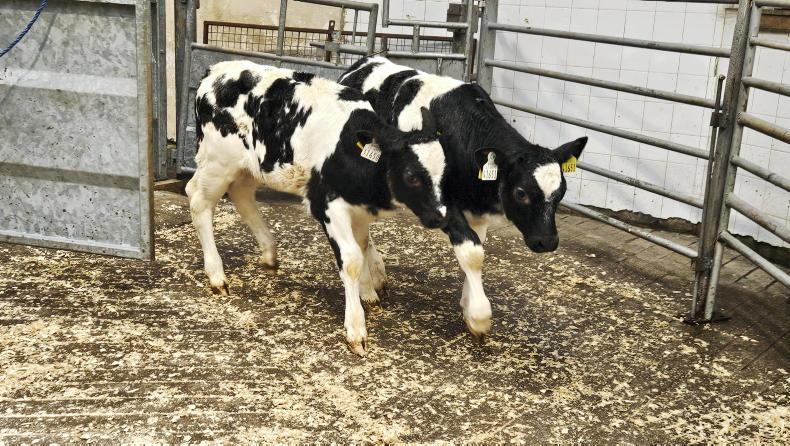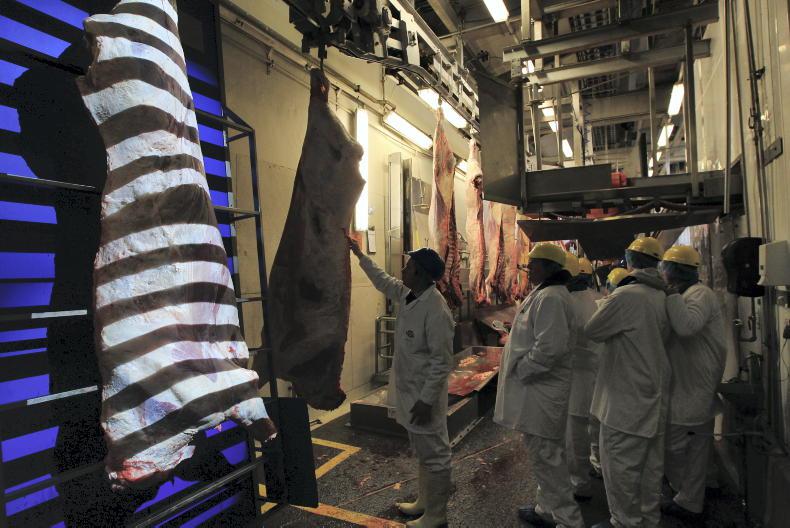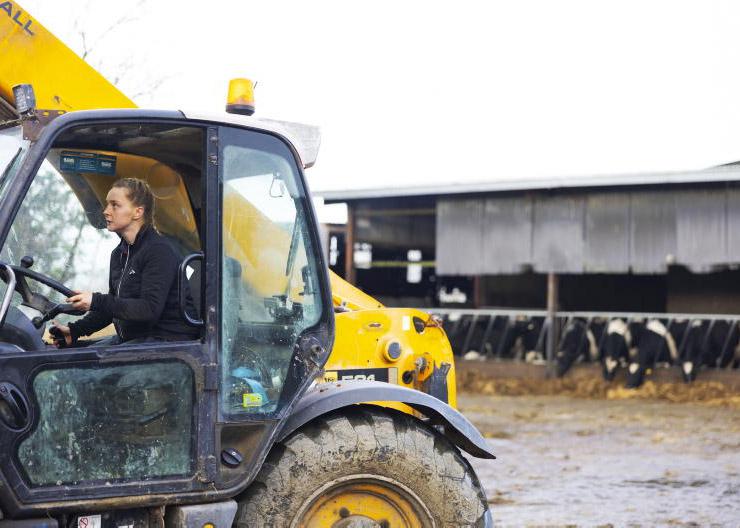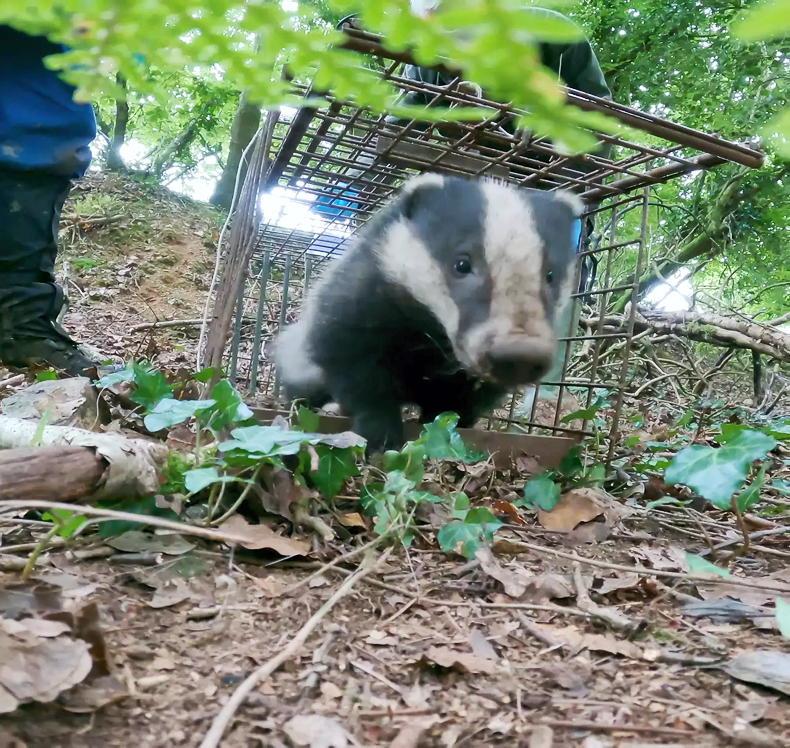The NI Secretary of State, Chris Heaton-Harris, has instructed DAERA to formally publish proposals to cut bovine TB compensation rates in NI.
In a letter sent to senior civil servants on Tuesday, Heaton-Harris said measures were needed across all departments to “tackle the unsustainability of public finances”.
The two measures within DAERA’s remit are to be put forward for public consultation, namely “reducing compensation rate on bovine TB” and “increasing CAFRE tuition fees”.
Heaton-Harris said he expects the consultations “to begin without undue delay in September”, although he suggests final decisions will be left to “an incoming Executive to consider and progress”.
The proposal to cut TB compensation is likely to receive an angry response from farmer representatives.
DAERA previously proposed dropping compensation rates to 75% of each animal’s market value and capping payments at £5,000/animal.
However, in March 2022, the proposals were not included in a new TB strategy by the then Agriculture Minister Edwin Poots. Instead, the issue was to be reviewed “two years after implementation of the full strategy”.
More than 18 months later, many aspects of the new TB strategy have not been rolled out, including badger culls in TB hotspot areas.
The badger cull issue is currently subject to a legal challenge by wildlife campaigners. The case was heard in the High Court back in November 2022, but a judgement has still not been handed down.
Cuts to compensation payments for TB reactors has been a matter of discussion among senior DAERA officials for several months, as pressure to find financial savings has mounted.
It comes as the cost of the TB programme in NI continue to rise and now stands at over £50m/year.
A major factor is record-high TB rates, with the latest figures showing 8,982 reactor cattle left NI farms in first seven months of 2023. The figure is up 14% on the same period last year and is 22% higher than 2021 levels.
Higher market values for cattle and increased costs for TB testing by private vets have also added to the cost of the TB programme in NI.









SHARING OPTIONS